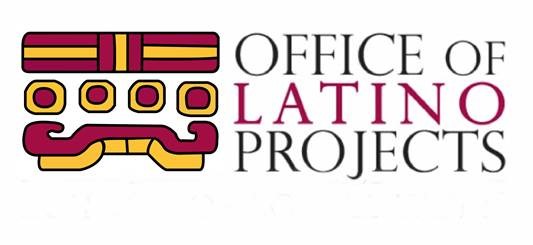
The following is Latino based research being completed by ASU Social Work faculty members. Please contact them if you have any questions.
Lynn Holley
Associate Professor
lholley@asu.edu
The Peer and Family Study explores mental illness discrimination that is experienced by people who self-identified as having a mental illness or as family members of a person with a mental illness. All study participants also identified as of color, or as lesbian, gay, or bisexual (LGB), or as both of color and LGB. Eight of the 20 study participants self-identified as Mexican, Mexican American, or part-Mexican. The primarily qualitative data allow exploration of mental illness discrimination that occurs in mental health treatment settings, in specific communities of color, in LGB communities, and in the larger society.
Judy Krysik
Associate Professor
Judy.krysik@asu.edu
The ASU School of Social Work Center for Child Well-Being engages in research, evaluation, and training that defines best practice in child safety, permanency, and well-being. We are interested in partnering with students and faculty who have research questions focused on Latino children and families that could be answered by any of the data that we have access to or who would like to work on training needs. Use of the data involves approval from the agency that owns the data (e.g., DCS) and we can assist in preparing and submitting agency research approval applications.
Kelly F. Jackson
Associate Professor
Kelly.f.Jackson@asu.edu
Mixed Mexican Identity Project: The major goal of this theory driven, in-depth qualitative study is to contribute new knowledge about the ethnic identity development of one of the largest and least examined groups within the growing multiracial population: mixed Mexican Americans. The three specific aims associated with this project are: (1) to identify the influential factors that contribute to the ethnic identity development of mixed Mexican Americans; (2) to examine how mixed Mexican Americans navigate challenges and opportunities associated with having a plural identity in society, including navigating questions of race and ethnicity on the U.S. census and other official forms; and (3) to determine how the identity of mixed Mexican Americans may or may not be influenced by the social and political environmental context, including interpersonal, institutional and societal discrimination, and immigration legislation and policy. This research project was funded by a seed grant through the Arizona State University’s Office of the Vice President of Research and Economic Affairs (OVPREA).
Flavio F. Marsiglia
Regents Professor
Families Preparing the New Generation & Keepin’it REAL: A Parent-Child Approach to Substance Abuse Prevention for Mexican American Youth
In collaboration with the American Dream Academy, this study is implementing and testing an innovative and highly significant prevention program by integrating two existing school-based parent and youth interventions into a new community-based approach to prevent substance use among acculturating Mexican heritage youth. This research applies the ecodevelopmental approach to strengthen family functioning, reduce youth’s acculturative stress, and increase youth drug refusal skills. There are two complementary parent-youth interventions. The youth intervention, keepin’ it REAL, is a school-based substance use prevention intervention program aimed at reducing substance use and increasing anti-drug norms and refusal strategies. The parent intervention, Families Preparing the New Generation (Familias Preparando la Nueva Generación), seeks to increase family functioning, parent-child communication, parental monitoring, and discipline. The findings will increase knowledge about sustainable and efficacious community-based prevention and about specific approaches to overcome barriers to prevention that are present in the changing social and school environments of the Southwest and the nation.
Funding: National Institutes of Health/National Institute on Minority Health and Health Disparities, center grant award P20 MD002316 NIMHD (2012-2017)
Mantente REAL (Guatemala City, Guatemala)
Is being delived in Guatemal, Mexico, and Uruguay in collaboration university and community partners in the host country.
Jill T. Messing
Associate Professor
Jill.Messing@asu.edu
Culturally competent risk assessment, National Institute of Nursing Research (NIH): Immigrant women are particularly vulnerable to intimate partner violence (IPV) and have different risk and protective factors than women from the majority culture, yet scant attention has been paid to the development of culturally competent IPV risk assessments. Dr. Messing created a risk assessment for immigrant women, and recently received a grant to test the predictive validity of this risk assessment.